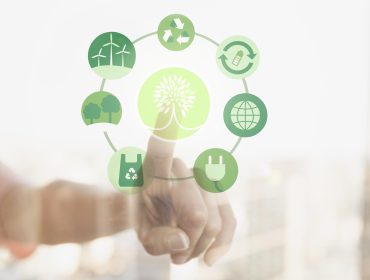
Three takeaways for businesses from the International Conference on Financing for Development (FfD4)
As the global financial sector wrapped up the International Conference on Financing for Development (FfD4) in Seville, Spain, earlier this month, the stakes and the opportunities have never been higher.
From mounting global crises to an ever-widening SDG financing gap, this pivotal event represented a call to action for the private sector, especially finance leaders, to align capital with purpose and unlock sustainable prosperity.
The Fourth International Conference on Financing for Development (FfD4) has been a critical chance to mobilize the investments needed to achieve the Sustainable Development Goals (SDGs).
With particular reference to businesses, the UN Global Compact, WUSME is signatory since 2012, highlighted from the FfD4 three takeaways:
Purpose drives profit
A bold, collective action is needed to mobilize private capital at scale, especially for developing countries. By aligning corporate finance with the SDGs and adopting credible KPIs, businesses can be a powerful force in closing the $2.5 trillion annual financing gap and delivering measurable impact.
The private sector is not on the sidelines — it’s shaping financial markets
Through initiatives like the CFO Coalition for the SDGs and Forward Faster, companies are issuing billions in sustainable finance and embedding ESG (Environmental, Social, and Governance) into core operations. Blended finance and outcome-based instruments are to be scaled to de-risk investment and accelerate systemic change.
Reform must be inclusive and transparent
To build resilient economies, global financial systems must be reimagined to work for low- and middle-income countries, including fairer debt resolution, more equitable SDR allocation and public–private collaboration that centres on accountability, innovation and shared prosperity.
Related Post
First Report by the Observatory on...
The First Report by the Observatory on SMEs and Capital Markets highlights that Italian SMEs increasingly see capital markets as an opportun...
OpenAI launches new AI Accelerator for...
OpenAI has launched the EU Economic Blueprint 2.0, introducing a new set of initiatives aimed at accelerating AI adoption across Europe and ...
SME climate finance stocktake: Turning ambition...
Small and medium-sized enterprises are vital to global climate action, yet access to green finance remains a major barrier to scaling their ...





